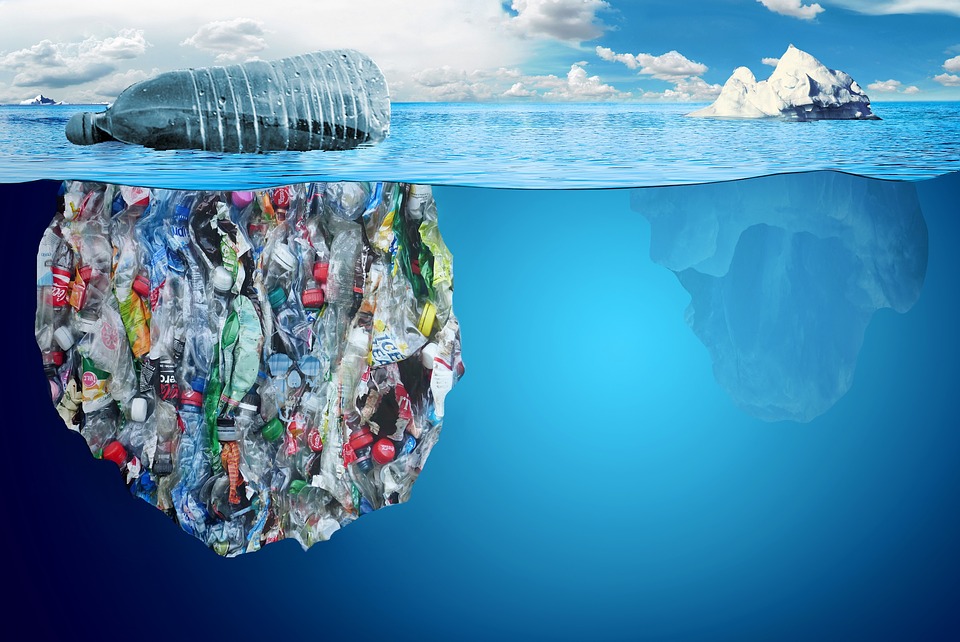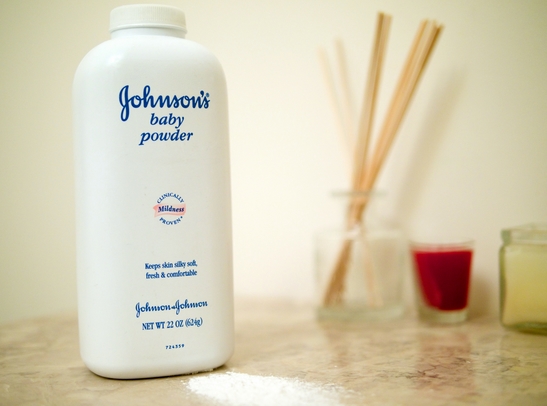Bisphenol S found to trigger the formation of fat cells in our bodies
02/27/2019 / By Rhonda Johansson

Bisphenol S (BPS) may just be as harmful as the chemical it was meant to replace, according to new data.
Studies are now showing that the chemical replacement for bisphenol A (BPA) may trigger the formation of fat cells, suggesting that it may be interfering with the body’s endocrine system, much in the same way as BPA.
BPA was used quite extensively in the 1960s for the production and manufacture of many polycarbonate plastics, including toys made for infants. However, concerns were raised when BPA was found leaching into the contents of its plastic products. Several studies were made that proved that exposure to BPA in cans and plastic bottles increased blood pressure and caused infertility in both men and women.
As a result of these studies, and because BPA exposure was so widespread, manufacturers were forced to use other chemicals as a replacement. This led to the creation of many BPA-free products. These products typically used BPS, which scientists are now saying was merely replacing one problem for another.
A 2016 study published in Endocrinology revealed that BPS exposure can induce the formation of human fat cells. For the purposes of the study, the research team used preadipocytes (undifferentiated cells that could be stimulated to develop into fat cells) taken from the hip, thighs, or abdomen of female volunteers. Groups of cells were exposed to different concentrations of BPS over a 14-day period. For comparison purposes, some groups of cells were exposed to the chemical dexamethasone, a corticosteroid medication known to trigger fat cell formation and the accumulation of lipids.
The research team found that cells that were exposed to even the tiniest concentrations of BPS exhibited a large accumulation of lipids, or fat-like substances that collect in the blood and tissue. This suggests that the smallest amounts of BPS can interfere with the functioning of hormones, which are highly influenced by the amount of fat is present in the body.
“Our research indicates BPS and BPA have comparable effects on fat cells and their metabolism,” explained senior author Ella Atlas. “The study is the first to show that BPS exposure can induce the formation of human fat cells.”
More studies link BPS with endocrine disruption
Another 2016 study conducted by researchers from the University of California, Los Angeles (UCLA) linked BPA and BPS exposure to endocrine disruption. Senior author Nancy Wayne and her colleagues wanted to observe any possible effect low levels of BPA and BPS exposure would have on zebrafish. The levels tested were equivalent to those found in polluted river water.
Wayne found that dramatic physiological changes were seen a mere 25 hours after exposure, with some endocrine neurons increasing by up to 40 percent. This implies the overstimulation of the reproductive system as a result of chemical exposure. (Related: BPA alternative in plastics disrupts brain cell growth, triggers hyperactivity.)
It must be stressed that both BPA and BPS exposure led to similar results, suggesting that neither is safe. The team also noted that fish embryos that were exposed to either developed faster and hatched quicker than normal, causing the equivalent of a premature birth.
Wayne posits that this premature birth could be the result of the overstimulation of neurons that regulate reproduction.
The research team also noted that BPA and BPS affected both the estrogen system and thyroid hormone system. Since the thyroid hormone plays an important role on brain development during gestation, these findings may imply a great risk for embryonic and fetal development in general.
The study concluded that despite the experiment observing only zebrafish, the effects of BPA and BPS may extend to human health, too.
“Making plastic products with BPA alternatives does not necessarily leave them safer,” Wayne finished.
Sources include:
Tagged Under: bisphenol A, bisphenol S, BPA, BPS, chemicas, Endocrine disruptors, exposure, fat cells, food packaging, food science, obesity, plastics, research, slender, toxins




















